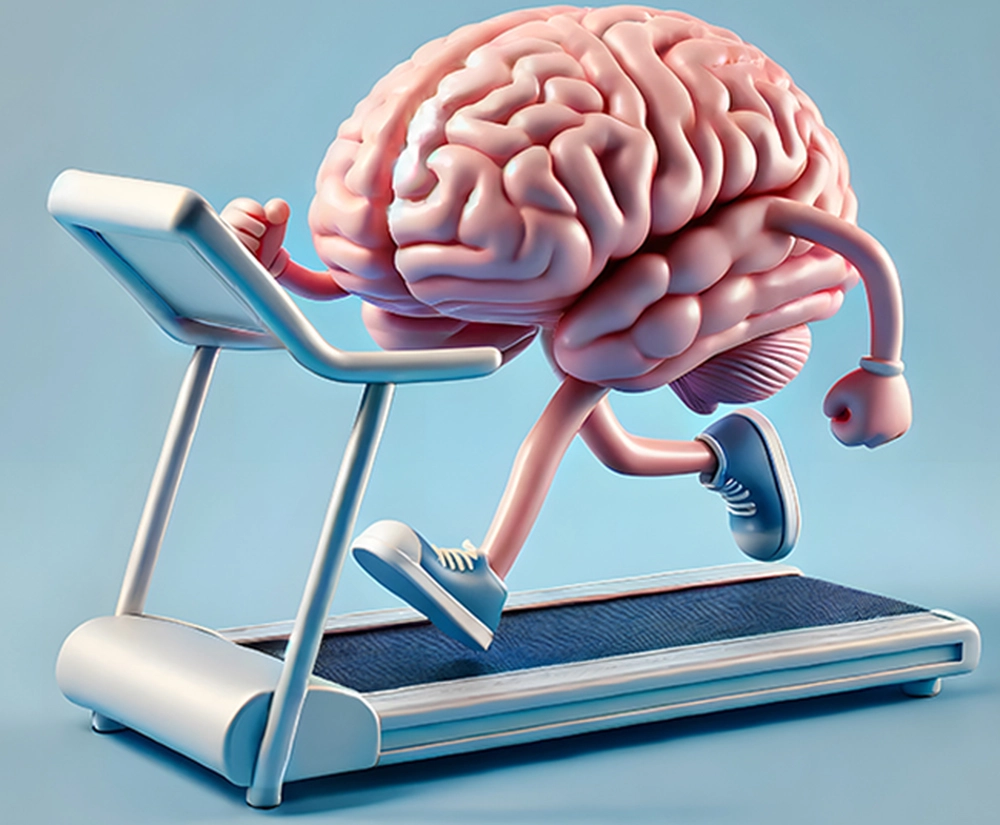
Engaging your brain can have benefits—but not all mental exercises are created equal.
Can Brain Games Really Preserve Cognition?
When it comes to your brain, there’s some truth to the saying “use it or lose it,” experts said. “Your brain is an organ, and if you’re not using all parts of it, especially in aging, disease, and poor health, it might start shrinking,” Ian McDonough, PhD, an associate professor of psychology at Binghamton University, told Health.
Brain games are thought to train neural connections, just like working out builds muscle. It’s true that the more you play any game, the better you get at it—and the more you develop the specific skills needed to win, such as planning or problem-solving. The question is whether those skills can actually transfer to real life.
“If I do Tetris a lot, I’m going to get better at Tetris. Does that mean I’ll be better able to remember my groceries?” McDonough said. Most of the time, the skills don’t transfer, he said.
Experts were especially skeptical about computer brain-training programs, such as Lumosity and BrainHQ, which claim to improve everything from memory to IQ.78 A 2016 research review found that brain-training games may improve performance on specific tasks, but there’s little evidence that they enhance everyday cognition.9
“It sounds like a magic bullet. There’s just no magic,” Elizabeth A.L. Stine-Morrow, PhD, a professor emerita in the Department of Educational Psychology and Beckman Institute at the University of Illinois Urbana-Champaign, told Health.
“They’re just these decontextualized laboratory tasks,” Stine-Morrow added. “Everyday life offers much more stimulation than these brain-training games.”